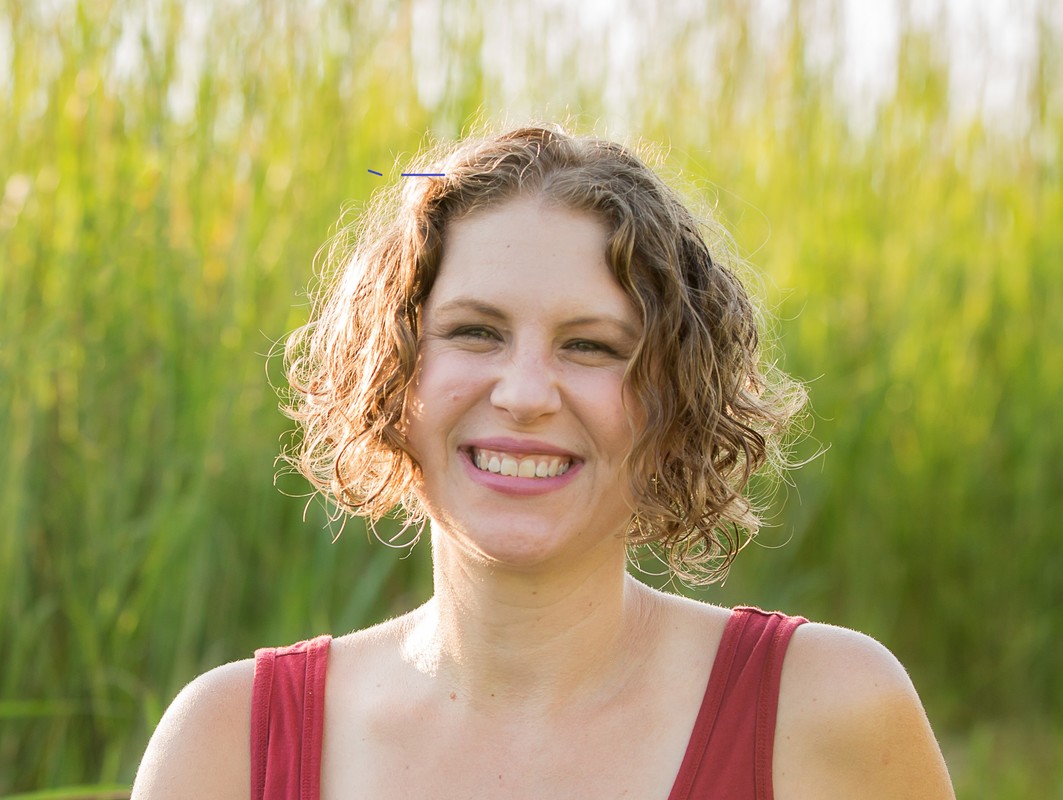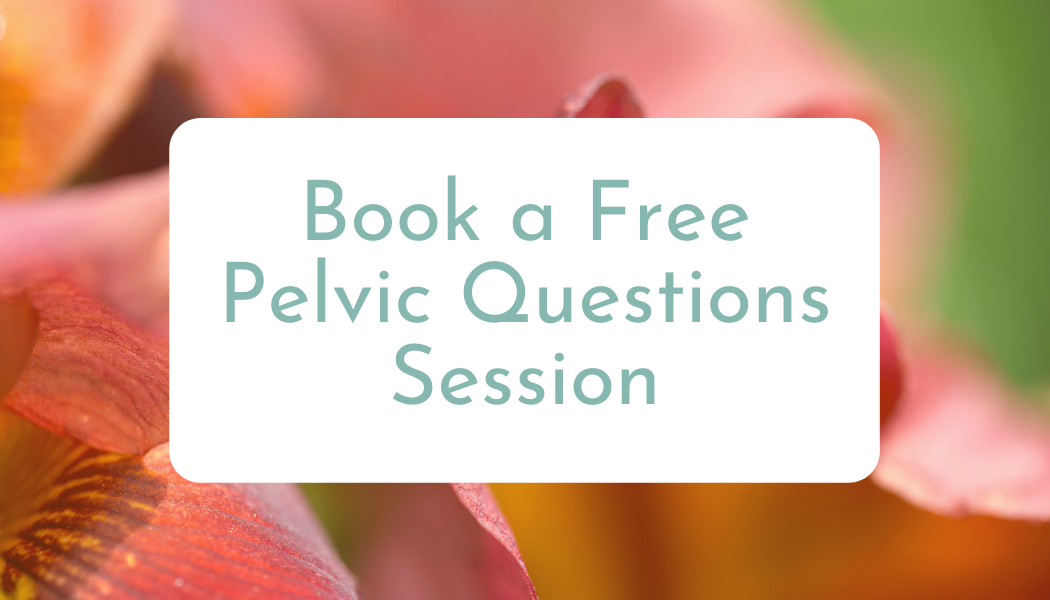Season 2 Episode 9 TranscriptI'm going to be running a free challenge soon, all about breathing better. So I put out a survey in preparation for that, asking people about their challenges around breathing, and breathing practices, and that type of stuff. One big answer that really stood out to me was that when asked the question, “What could you use better breathing for”, 95% of the people that responded to my survey answered, “stress, anxiety and mindfulness”. 95% is a lot. That's huge. And that is definitely something I can work with here. Now, to that one person who responded that they didn't need that- Congratulations! Please share your secret. To the rest of us, we've all heard about breathing techniques, we've all heard about doing breathing practices, and we know that they are related to stress and anxiety and mindfulness improvements. There's lots behind this- lots of research, lots of resources. I will link to a few of them in the show's transcript. I have some colleagues that have some really nice resources, really nice programs that you can try. I also have some other resources in general that I can share. I'm not going to get into all that right now. What I am going to get into here is the bottom line, which is that breathing helps everything. 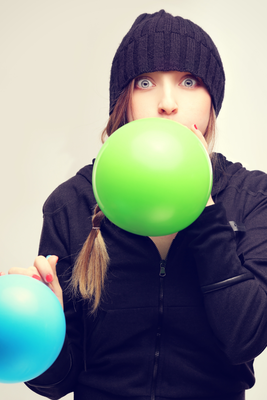 Yes, it helps stress. A few episodes ago we talked about the Vagus nerve, and the parasympathetic (or the rest and digest system) and how that directly opposes the fight or flight system. Breathing absolutely helps you get into that rest and digest place. You can also use breathing, to help control things in your body. When you're exercising, when you're moving heavy objects- whenever you're using muscles, you can use a breath to help control all of that as well, for fuel, for power, all of it. But what does this have to do with your pelvic floor? Well, think of your body as two separate sections- there's your your midsection, your torso- everything from your neck to your pelvis; and there's your limbs. Ignore your limbs ignore arms and legs for a second. In that torso, you have essentially three cavities, and they act like individual balloons. You have one in your chest. It's called the thoracic cavity. You have one in your belly, called the abdominal cavity, and you've got one in the pelvic bowl called, funnily enough, the pelvic cavity. Each of these cavities makes and takes pressures from the rest of your body. So when you're breathing well, in that thoracic cavity, (which, spoiler alert, is where your lungs reside) It helps take the pressures, off of the abdominal and then the pelvic cavities. Often, we're not breathing, with our rib cage with our thoracic cavity, however, And so, that balloon isn't functioning. The belly cavity, that abdominal space, ends up doing most of the work of the breathing, and that is putting excess and unnecessary pressure into the pelvis. This is quite frequently one of the foundations of pelvic floor dysfunction. And it simply goes back to, how do we breathe with our ribcage the way that the ribcage was designed. Now, that “how to”? I’m going to explain that in next week’s episode. But today I just wanted to point out all of the layers here. There's layers in your body to help move things like breath around. And when used appropriately, everything works better. But then the breath itself has so many layers of help for the rest of you. Yes that breath helps with stress, yes that breath can help with physically moving around. 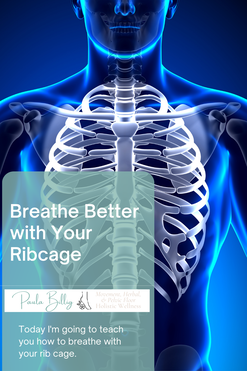 But if you do anything like sing, or do a podcast, or any kind of public speaking, or presenting on a stage or in front of the zoom screen, if you play a musical instrument, if you have a manual hobby, like gardening or anything that requires some exertion a little bit more than knitting (both gardening and knitting, our hobbies of mine, I'm not knocking that!) but the manual exertion type hobbies- the breath is going to be something that is very important for your stamina, for your endurance, for your longevity in those as well. So next week we’re going to get into a little bit more about how to breathe better. For today, I want you to just think about where does your breathing actually happen.
0 Comments
Your comment will be posted after it is approved.
Leave a Reply. |
Fun Fact: I'm an herbalist and a movement coach. Not a doctor, or a pharmacist, and not pretending to be one on TV.
This is a public space, so my writing reflects my experiences and I try to stay general enough so it might relate to you. This does not constitute medical advice, and I encourage you to discuss concerns with your doctor. Remember, however, that the final say in your wellness decisions are always yours- you have the power to choose, you are the boss of you. And, some of my posts may contain affiliate links. If you make a purchase through them I'll earn a few cents. Thank you for supporting my work. This website is provided for educational and informational purposes only and is not medical, mental health or healthcare advice. The information presented here is not intended to diagnose, treat, heal, cure or prevent any illness, medical condition or mental or emotional condition. Working with us is not a guarantee of any results. Paula Billig owns all copyrights to the materials presented here unless otherwise noted. Categories
All
Archives
July 2021
|
|
info @paulaswellness.com |
DisclaimerThis website is provided for educational and informational purposes only and is not medical, mental health or healthcare advice. The information presented here is not intended to diagnose, treat, heal, cure or prevent any illness, medical condition or mental or emotional condition. Working with us is not a guarantee of any results. Paula Billig owns all copyrights to the materials presented here unless otherwise noted. |


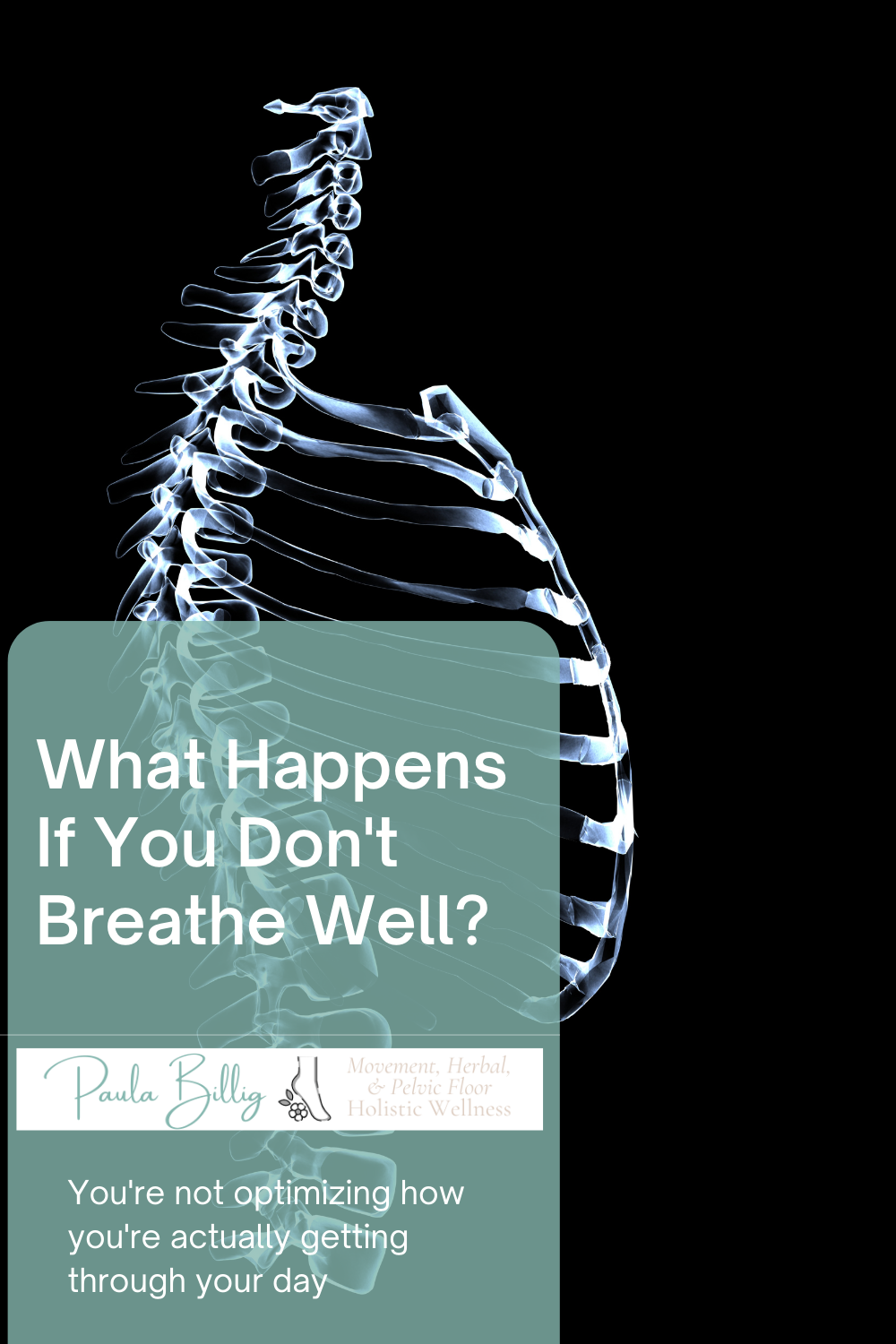
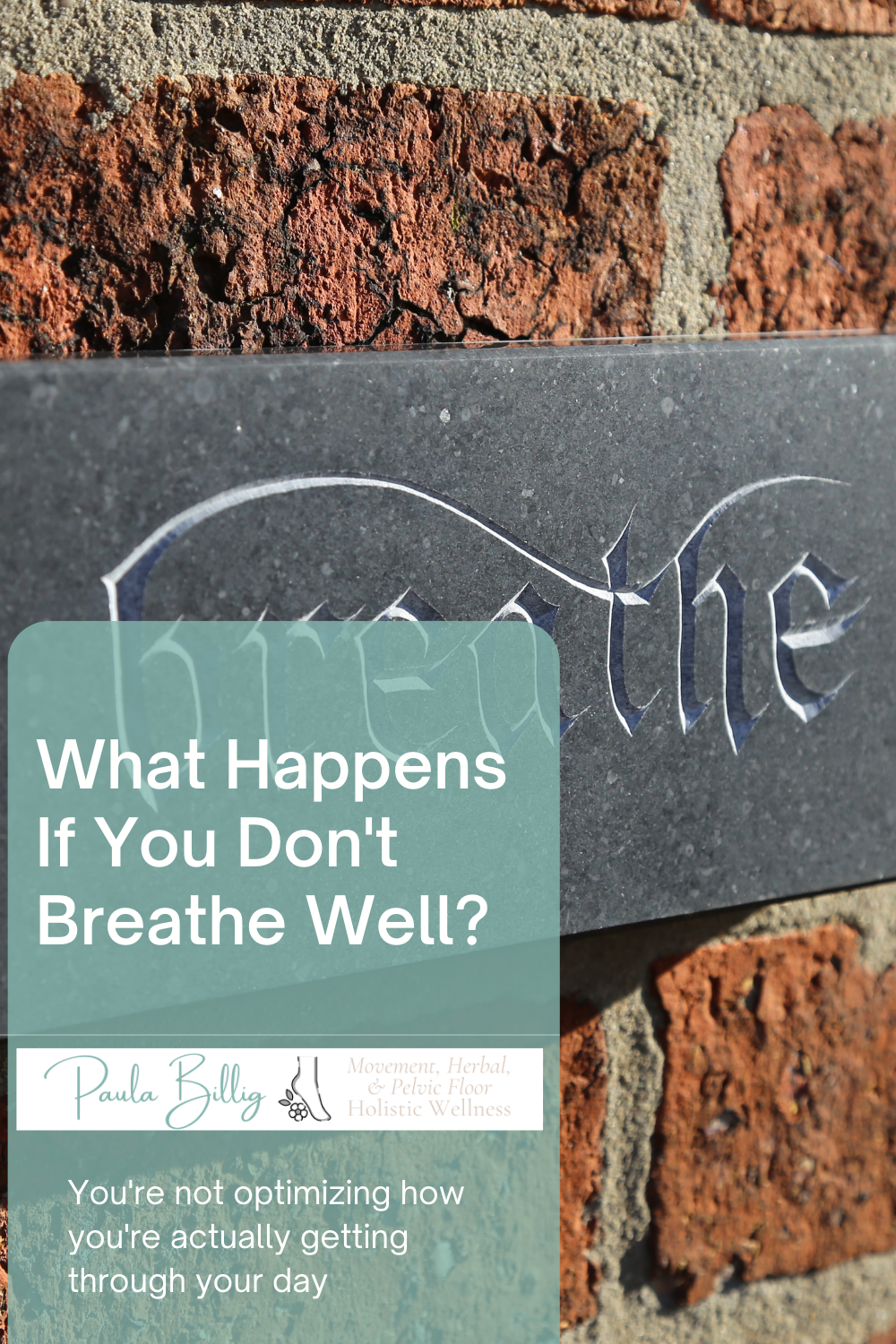
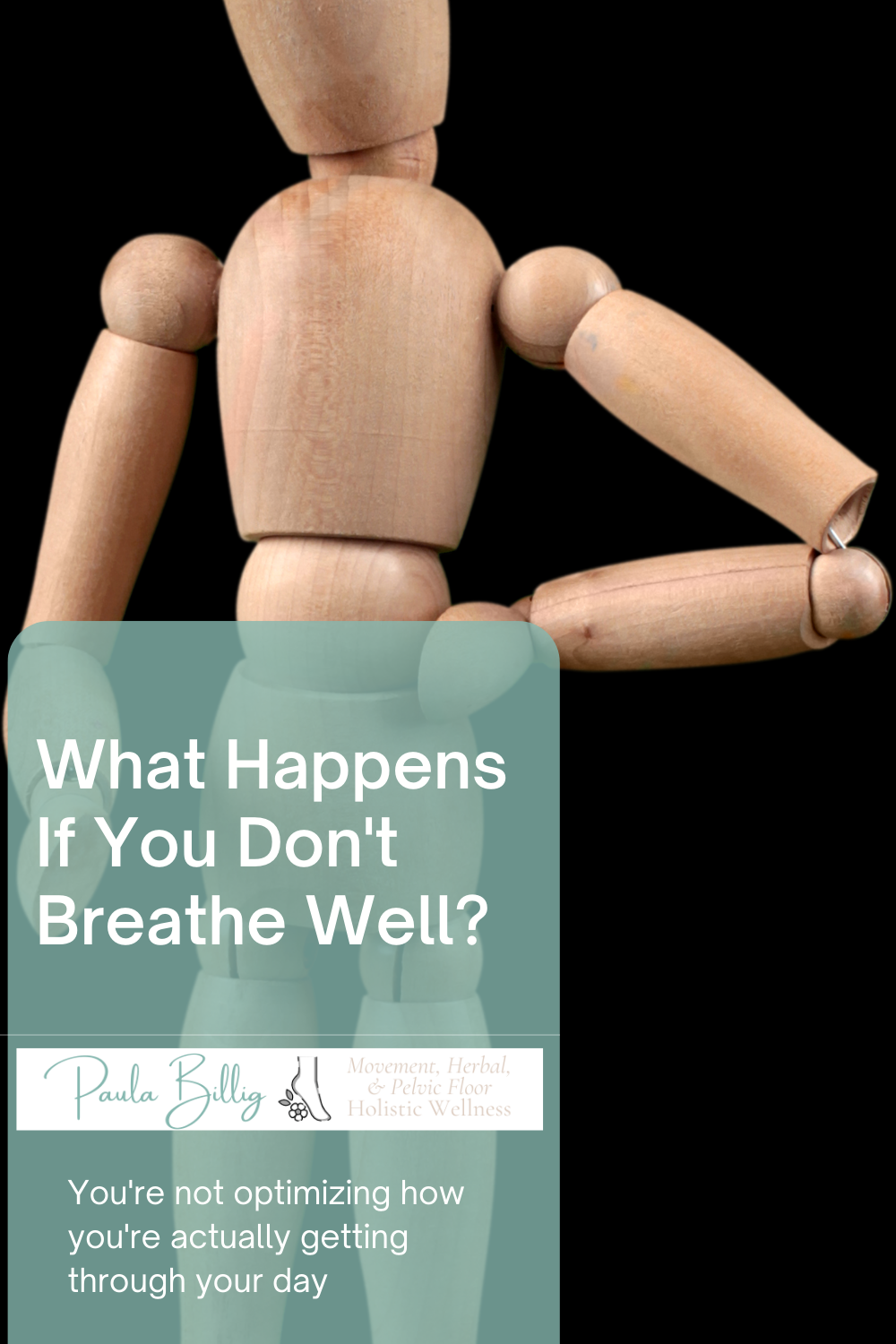
 RSS Feed
RSS Feed
